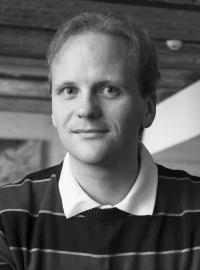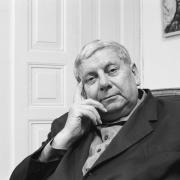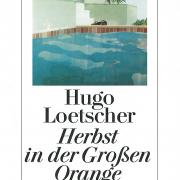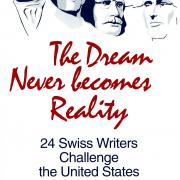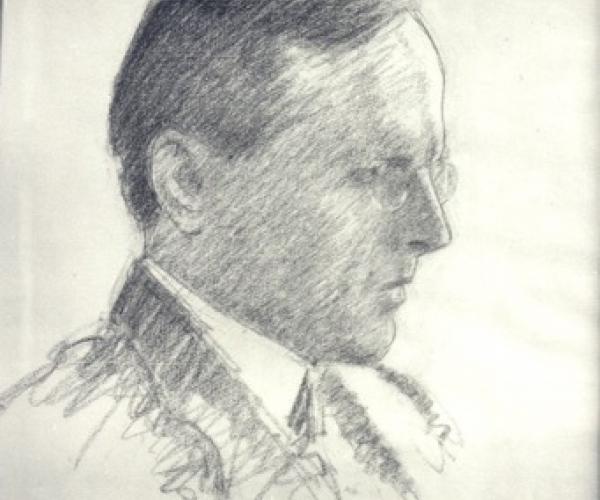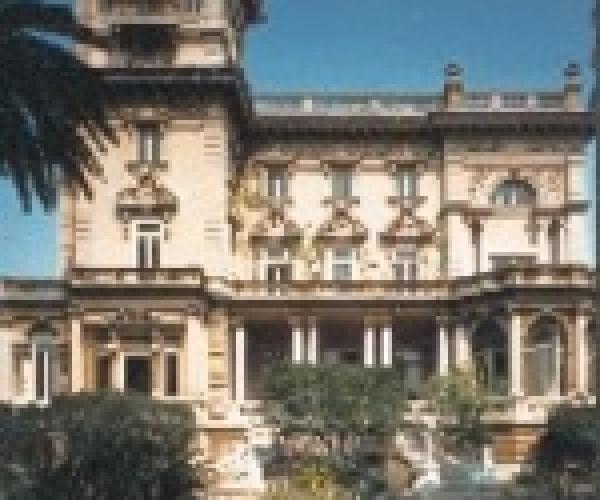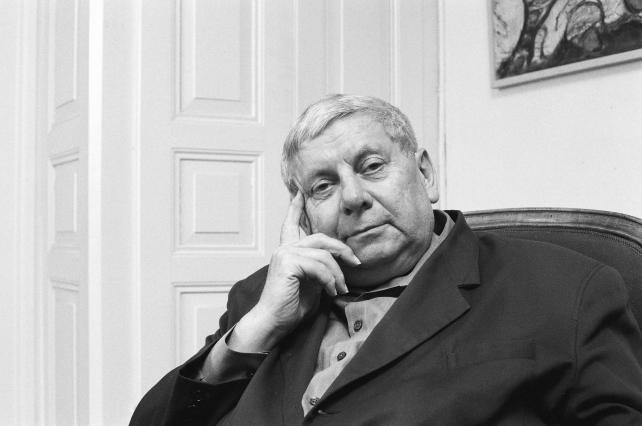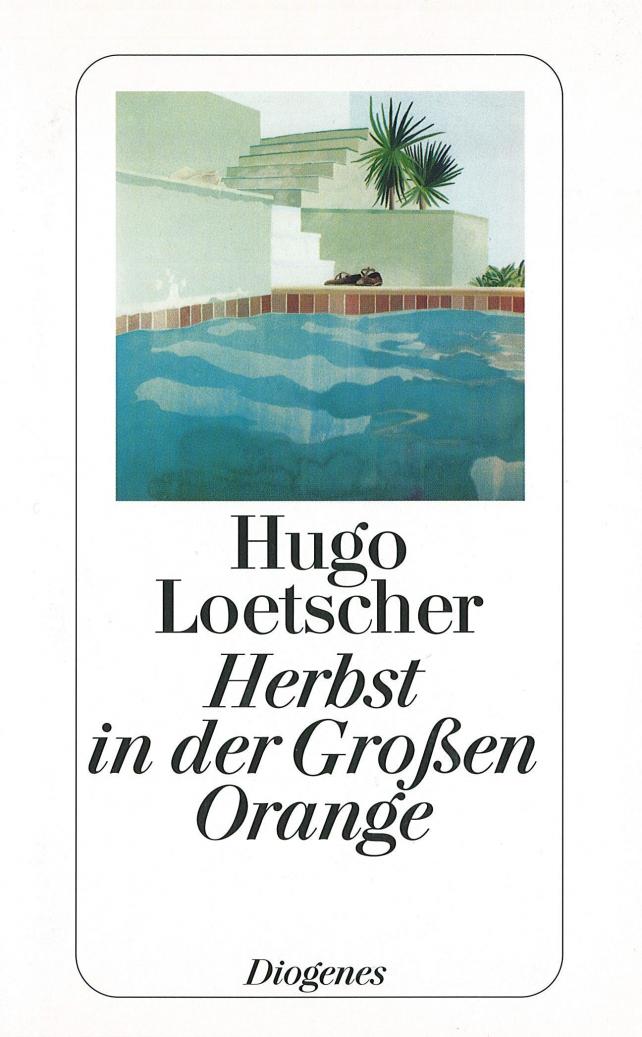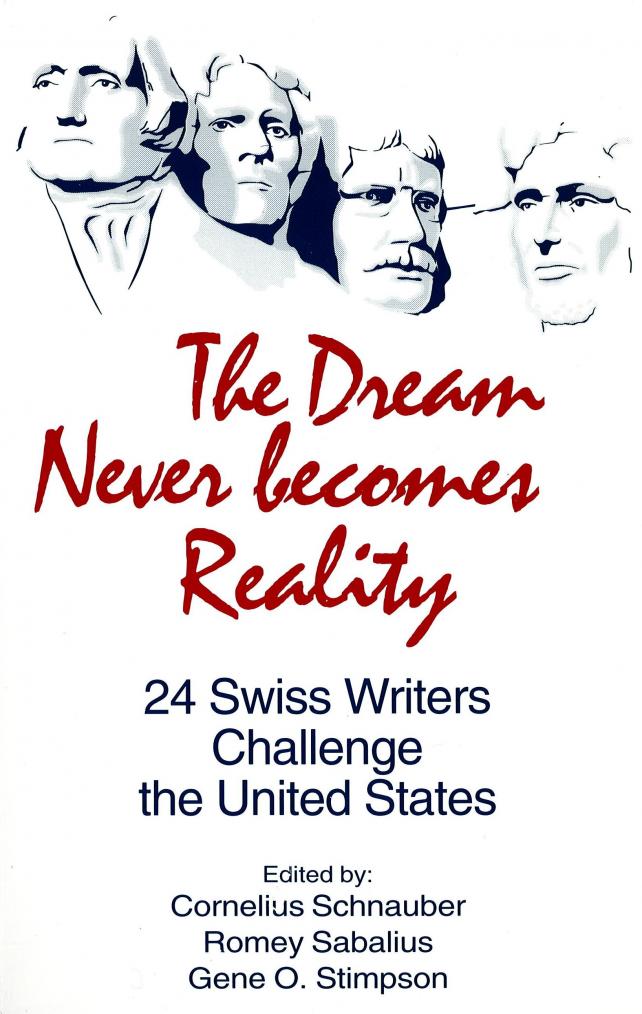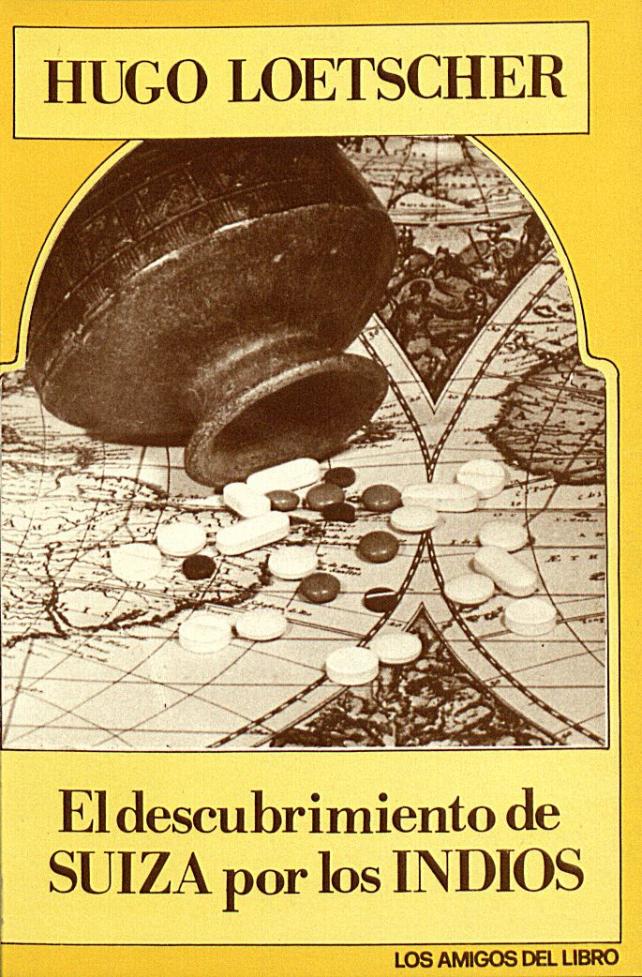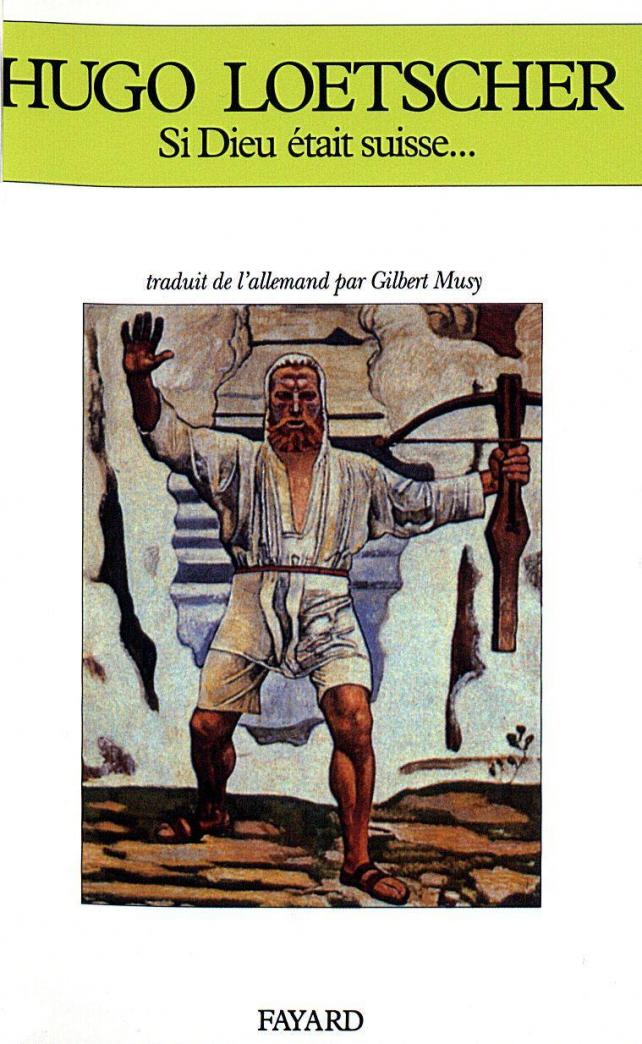Hugo Loetscher discovers Switzerland
Hugo Loetscher’s career as a writer and journalist eloquently illustrates the literary dimension of Switzerland’s cultural policy abroad. Born in Zurich in 1929, Loetscher enjoyed Pro Helvetia’s support for the first time in 1963, when a writing scholarship allowed him to finish his first novel. Only a few years later in 1967, the Foundation gave financial backing to a lecture about Swiss contemporary literature Loetscher gave in Bogotá during one of his many journeys across Latin America. In the second half of the 1970s, Pro Helvetia activity reports mentioned the increasing number of Loetscher’s lectures and public readings on an almost yearly basis.
He also participated in two cultural exchange programmes in the United States, which reflected Pro Helvetia’s new priorities in the 1970s and 1980s. Consistent with the findings of the Clottu report on cultural policy, published in 1975, the Foundation placed emphasis on projects that directly benefited the creative artists.
In keeping with this policy, Pro Helvetia created the Swiss Writer-in-residence programme in collaboration with the University of Southern California, Los Angeles, offering Swiss writers the opportunity to teach and write for half a year. Between 1978 and 1990, the programme hosted many renowned writers including Walter Vogt, Friedrich Dürrenmatt, Eugen Gomringer, Adolf Muschg, Hanna Johansen, Christoph Geiser, Urs Widmer, Daniel Odier, Herbert Meier, Yvonne-Meier Haas, Nicholas Bouvier, and Etienne Barilier. Loetscher’s 1979 stay in Los Angeles was reflected in his story Herbst in der Grossen Orange, published in 1982.
Along the same lines, Pro Helvetia created a professorship at the City University, New York, in 1981. The inaugural lecture was given by Hugo Loetscher and focussed on Swiss literature in the different national languages. Like other writers of his generation, Loetscher confronted the reality of his native country, questioning the merits of national myths. The author refused to accept set cultural concepts and insisted on the diversity of points of view, rejecting the idea of national authenticity and considering a nation as no more than a local version of phenomena also appearing in other places. Moreover, Loetscher set the image of a country like any other, no better, no worse, in opposition to the idea of a Swiss “Sonderfall,” which according to an often-defended theory had – in comparison to its surroundings – supposedly evolved against the tide.
Thanks to Loetscher’s many lectures and the translations of his books, this particular vision of Switzerland has found some publicity, allowing the perception of the country to develop. Loetscher’s oeuvre illustrates not only the individual dimension of cultural foreign policy, but also points towards the evolution of identities through interaction with the other. In his books, the discovery of the other always leads to a rediscovery and questioning of the self. Similarly, cultural exchange put national myths and stereotypes into perspective and allowed Switzerland to change into a country, ready to be discovered. The chapter entitled Die Entdeckung der Schweiz in Loetscher’s novel Der Immune translated into Spanish and French with the aid of Pro Helvetia, clearly indicates such a reversal of roles. (tk)
Archives
ALS, fonds Hugo Loetscher
Bibliography
Dewulf, Jeroen (éd.) : In alle Richtungen gehen. Reden und Aufsätze über Hugo Loetscher, Zurich, Diogenes 2005

